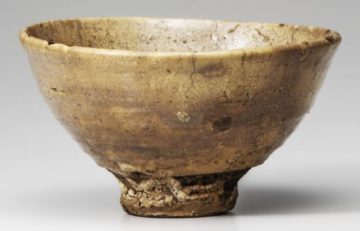Leanne Ogasawara in Electrum Magazine:
 A glance at Hobson-Jobson, the historical dictionary of Anglo-Indian words in use during the British rule in India, will show that the word “loot” comes into English from Hindi, ultimately deriving from Sanskrit. It entered the English language around the time of the Opium Wars, when the British were not just in India but also in China. This was when the 8th Earl of Elgin, James Bruce, was present at the sacking of the Summer Palace in Beijing. He was, incidentally, the son of the 7th Lord Elgin who removed the marbles from the Parthenon. James Bruce had this to say about loot:
A glance at Hobson-Jobson, the historical dictionary of Anglo-Indian words in use during the British rule in India, will show that the word “loot” comes into English from Hindi, ultimately deriving from Sanskrit. It entered the English language around the time of the Opium Wars, when the British were not just in India but also in China. This was when the 8th Earl of Elgin, James Bruce, was present at the sacking of the Summer Palace in Beijing. He was, incidentally, the son of the 7th Lord Elgin who removed the marbles from the Parthenon. James Bruce had this to say about loot:
There is a word called loot, which gives unfortunately a venial character to what would in common English be styled robbery.
Robbery or loot? Isn’t it all the same?
This winter, I took a postgraduate class at Stanford called Plundered Art: The History and Ethics of Art Collection. From Nebuchadnezzar, Nero and Napoleon to the Nazis and the present, we examined specific historic cases of art plundering and considered the ethics of such collections in museums to the present day as well as collecting in itself.
More here.
